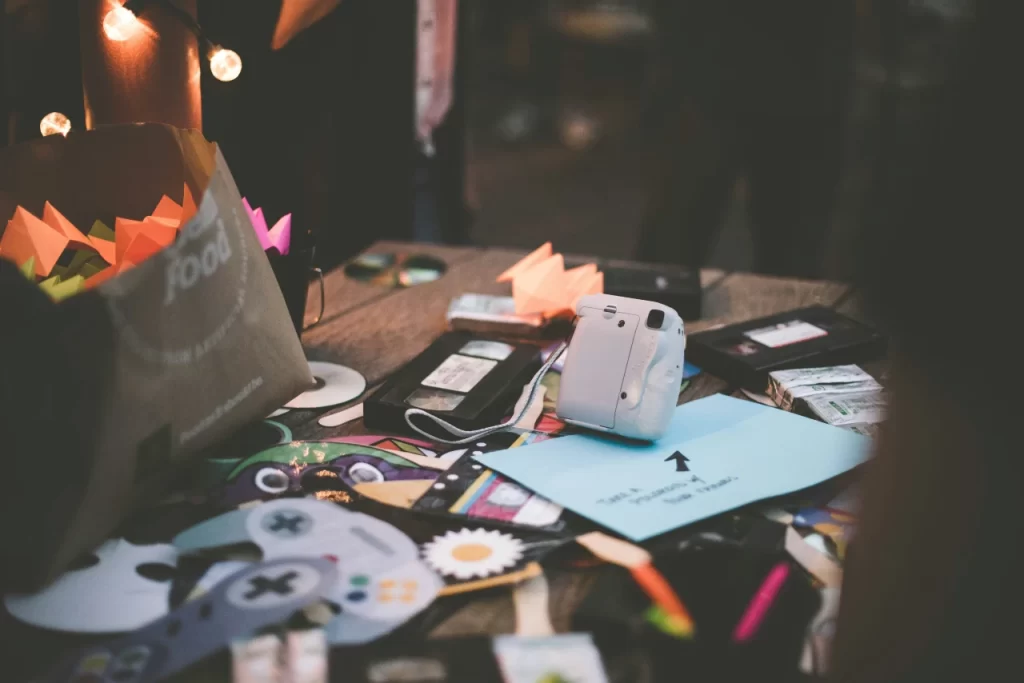Decluttering is often seen as a daunting task, one that’s easy to put off. But why do we procrastinate on something that could ultimately improve our lives?
Let’s dive into the common reasons people avoid decluttering and explore strategies to overcome these mental blocks.
The Overwhelming Nature of Decluttering

One of the primary reasons people hesitate to declutter is the sheer magnitude of the task.
When faced with a cluttered space, it can seem like an insurmountable mountain to climb.
The thought of sorting through years of accumulated belongings can be overwhelming, leading to feelings of anxiety and stress.
The Emotional Attachment to Objects
Many of our belongings hold sentimental value.
Whether it’s a gift from a loved one, a souvenir from a special trip, or simply an object that has been a part of our lives for a long time, letting go can be emotionally challenging.
We may fear that by discarding something, we are also discarding a piece of our history.
The Fear of Making the Wrong Decision
Decluttering often involves making choices about what to keep and what to discard.
This can be a source of anxiety, as we may worry about making the wrong decision and regretting it later.
The fear of making a mistake can paralyze us, preventing us from taking any action at all.
The Mental Blocks
In addition to the practical challenges of decluttering, there are also mental blocks that can hinder our progress. These include:
- Perfectionism: The desire to have a perfectly organized space can make it difficult to start decluttering. We may feel that if we can’t achieve perfection, it’s not worth the effort.
- Procrastination: Putting off decluttering can be a form of procrastination, a way to avoid dealing with uncomfortable feelings or tasks.
- Fear of Failure: We may fear that we won’t be able to declutter successfully, leading to feelings of shame and embarrassment.
Tips for Overcoming Mental Blocks and Making Positive Changes
To overcome these mental blocks and make progress with your decluttering journey, consider the following tips:
- Start Small: Break down the decluttering process into smaller, more manageable tasks. Focus on one area at a time, such as a drawer, closet, or shelf.
- Set Realistic Goals: Establish achievable goals for your decluttering project. This will help you stay motivated and avoid feeling overwhelmed.
- Challenge Your Emotional Attachments: Examine the emotional reasons why you hold onto certain items. Ask yourself if the item truly brings you joy or if it’s simply a source of nostalgia.
- Practice Mindfulness: Mindfulness techniques can help you stay present and focused during the decluttering process. Pay attention to your thoughts and feelings without judgment.
- Seek Support: Don’t be afraid to ask for help from friends, family, or a professional organiser. Having someone to support and encourage you can make a big difference.
- Celebrate Your Progress: Acknowledge and celebrate your accomplishments along the way. This will help you stay motivated and maintain a positive mindset.
Remember, decluttering is a journey, not a destination.
It’s important to be patient with yourself and avoid perfectionism.
By addressing the mental blocks and taking small, consistent steps, you can create a more organised and peaceful living space.
Leave a Reply